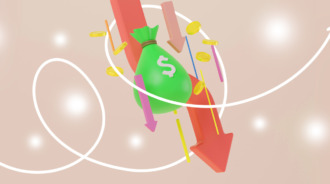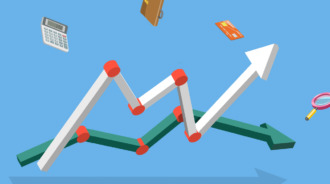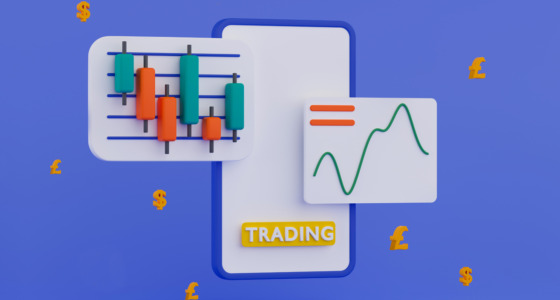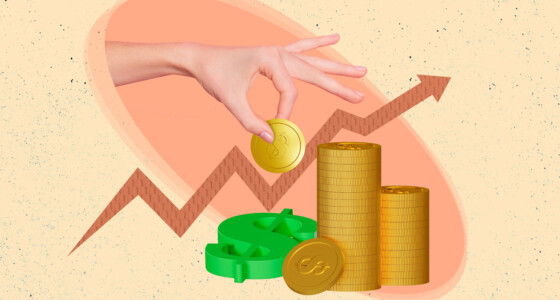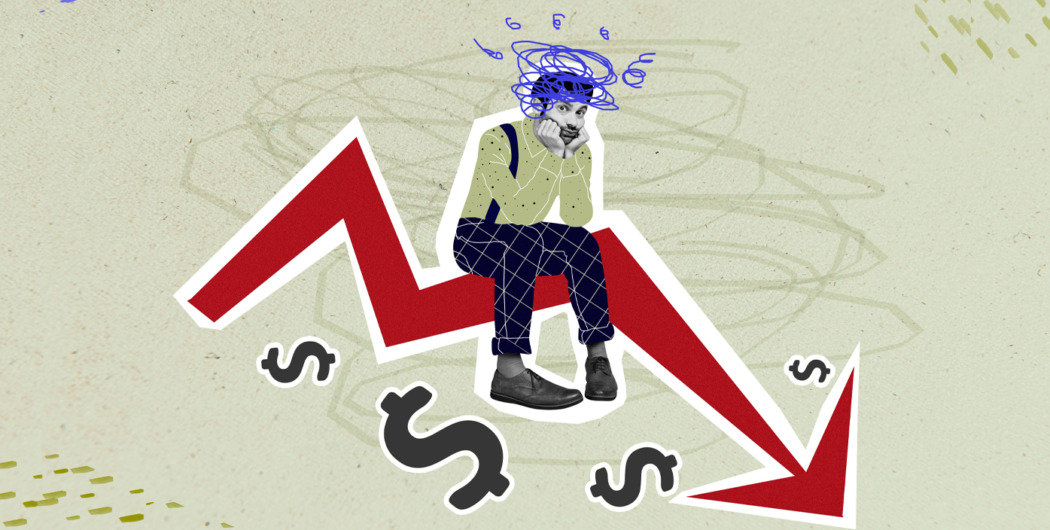

Some newbies allow self-doubt to get in the way of trading. Beginner traders are prone to regret losses, wrong decisions, and missed opportunities. It’s right to analyze your choices and learn from them. However, it’s wrong to focus on them and stop doing something you could succeed in.
Even Warren Buffet, one of the most authoritative investors in the world, makes investment mistakes. For instance, in 1993, his company Berkshire Hathaway bought Dexter Shoe Company. This investment resulted in a 15 billion dollars loss for Berkshire’s shareholders. If Buffett gave up, he wouldn’t be the most successful investor these days.
By learning the basics of the regret theory, you will know how to stop regretting every trading decision you make.
Understanding regret theory
Regret theory involves an investor who fears regret. As a result of this fear, the investor’s profile would be affected, making them more likely to seek risk or try to avoid risk.
When it comes to being more risk-averse, let’s think of this example. John bought a stock that resulted in him incurring more losses. This happened despite John doing lots of research and due diligence. Therefore, John decides to take an extra amount of time and caution whenever he has to make decisions for investments, all in order to avoid the regret of failure.
Now, let’s imagine this scenario for someone who would seek more risk. Let’s say that John has a preference for low-beta stocks, and he sees that a particular stock has risen a lot in the financial market lately. Because many of his friends buy these stocks, he decides to do the same thing to join the craze. However, he ignores the possible risks involved, because he doesn’t want to deal with the regret of not buying it in the event it improves in performance.
Many investors experience fear of missing out, which is also known as “FOMO”. Basically, the person experiencing regret theory deals with regret or anxiety over the fact that they are missing out on a great chance or a good experience if they do not make an investment.
So, the person would start buying into certain stocks while ignoring their usual risk profile, all because they do not want to miss out. Even investors who are normally more risk-averse may invest and ignore market crash signs.
Regret theory and psychology
A person must be aware of the psychology of regret theory if they want to avoid the fear of regret. This may seem difficult, but it’s not – all you have to do is take a look at the effect of regret on past investment decisions. Then, when a new opportunity arises, you can make a decision based on that.
Regret theory and market crashes
Fear of missing out is often connected to regret theory. It can especially become obvious during bull market times when financial security prices increase. The optimism of the investor also maintains high levels.
As a result, investors are very likely to ignore the red flags that signal an upcoming market crash, all because they are afraid to miss out on very good opportunities. Self-perpetuating investment behavior patterns can be encouraged by irrational exuberance. This is a type of huge enthusiasm for an investor who buys asset prices that exceed what can be justified by the underlying fundamentals of the asset.
Many investors think that the price growth in recent times can be used as a prediction for the future. Therefore, they keep making lots of investments, and when asset bubbles appear and explode, investors will sell under the influence of panic.

Regret theory and the investment process
Fear of regret can be significantly decreased if the investor automates the investment process instead. Many investors fear regretting their investment decisions, whether that’s because they refrained from investing or they invested but took too much time to make the decision out of fear of failure.
One thing that some investors take advantage of in order to avoid regret is formula investing. This uses specific rules when making investments, basically getting rid of the entire process of making decisions regarding what and when to purchase, as well as the amount that you should purchase.
As such, all investors have the chance to avoid regret based on previous investment failures by using special algorithms and strategies. This way, the investor will no longer have to regret their decision.
What is the regret theory?
The regret theory is a psychological term widely used in trading and investing. Any investment includes risks. There is no investor who would make only correct decisions. However, there are those who regret any wrong decision they make. It leads to a cycle of failures.
Imagine a trader buys Bitcoin at $60,000, expecting it to rise further. However, a bullish trend turns down, and bitcoin plunges to less than $20,000. There are two ways the trader might behave.
Scenario 1: The trader closes the trade believing the first cryptocurrency will never recover and regret that they bought it at highs. After, the trader decides to stop trading.
Scenario 2: The trader closes the trade with losses and understands it was a mistake to buy at highs. However, they learned from this that market analysis is a vital part of trading. So the next time, they analyze the market properly and remember it might fall.
In the first case, the trader lost an opportunity to succeed in the future and open trades that could cover those losses. It’s all about the regret theory.
Fear of missing out (FOMO)
The regret theory goes hand in hand with the fear of missing out. It’s another psychological issue a newbie trader can face. The fear of missing out is when a trader is afraid of missing an opportunity to get a significant income. They think irrationally and try to follow the market without proper analysis.
Let’s take the same example. A trader sees Bitcoin skyrocketing. They want to be among traders who have such a valuable asset. However, they don’t analyze the market and don’t understand that the asset is overbought. It means there are no fundamental factors that would explain such a high price. The asset is driven by the market sentiment that will change as soon as the euphoria ends.
The trader buys BTC at highs and suffers losses when the trend changes.
How to overcome regrets and FOMO
Some basic rules will allow you to overcome the regrets and fears you may have while investing.
1. Be ready for mistakes
You should remember that any investment is risky. You won’t be able to have only winning trades. Keep in mind that you can correct your mistakes in future trades and cover those losses.
2. Be flexible
If you are stuck with your beliefs, you won’t succeed in trading. Professional traders are flexible. They constantly try new strategies and assets. If you are afraid of improving your skills, you will fail. However, flexibility leads to higher risks. Don’t regret but learn from your mistakes.
3.Set rules
Although you should be flexible and take risks, you should follow specific rules that prevent you from losing all of your capital. Remember the risk/reward ratio, hedge your investments, and set clear rules for stop-loss and take-profit orders.
Final thoughts
You can’t trade and invest if you regret every decision you make. Mistakes are one of the sources of new knowledge and skills. Be ready for risks, but frame your trading activity with specific rules to balance peace and risk.

